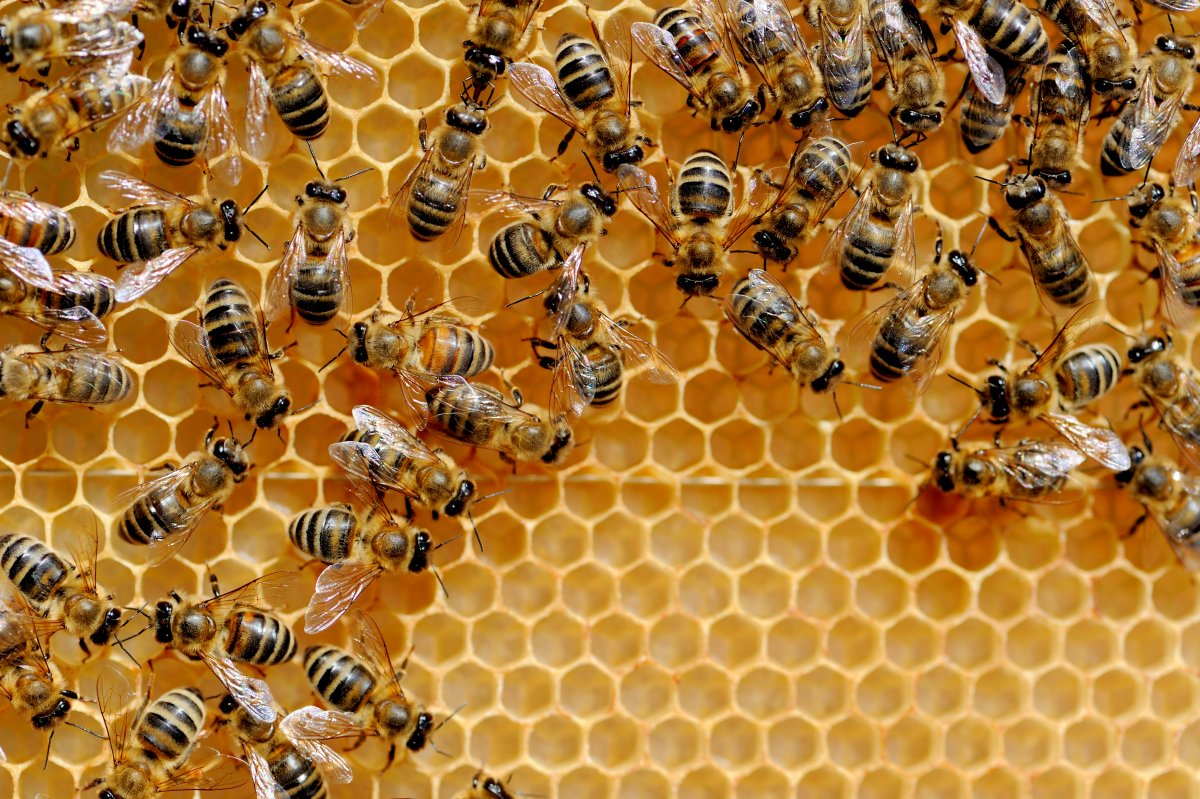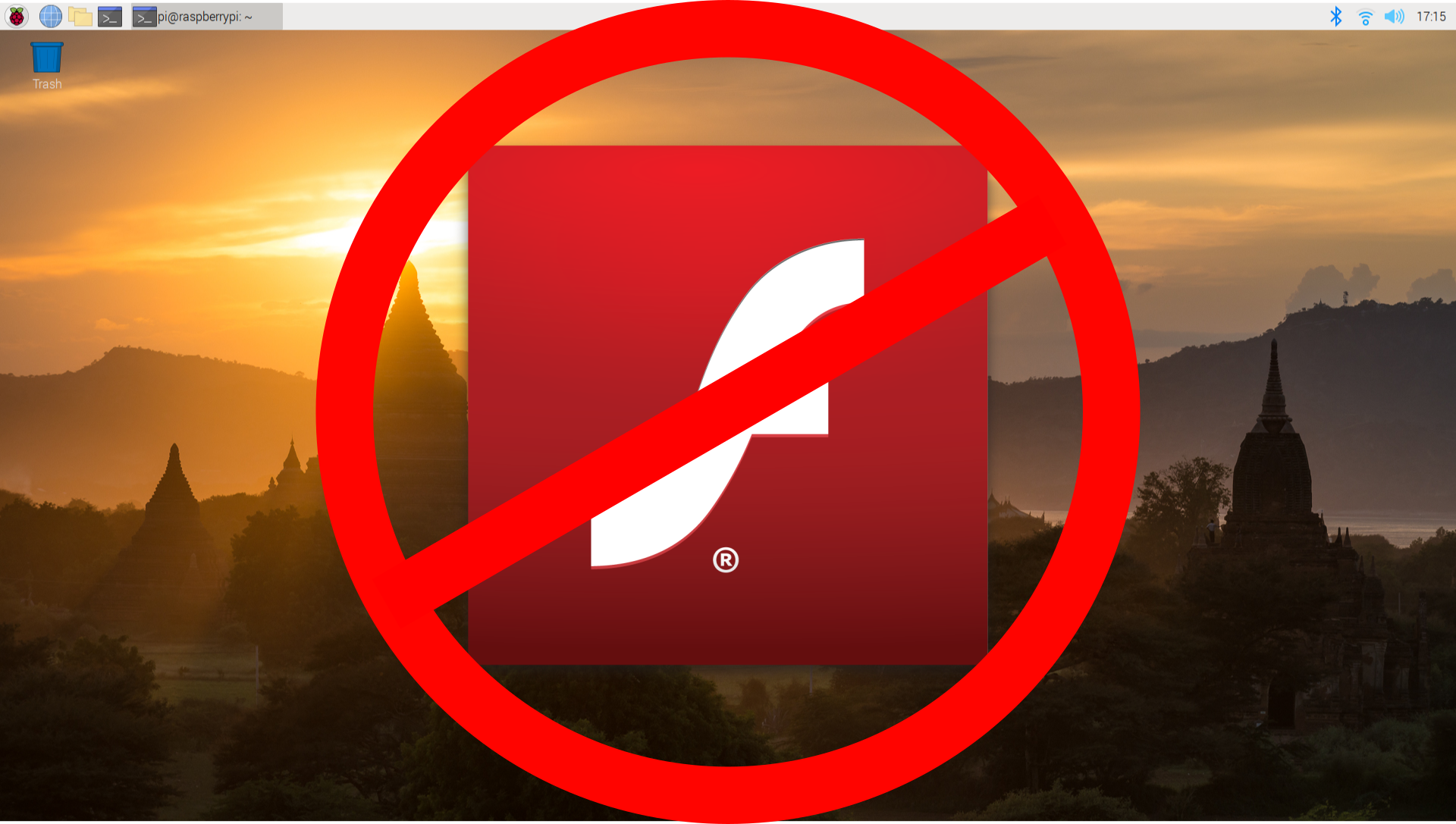Jimmy Wales is the face of Wikipedia. He co-founded the online encyclopedia 2001, headed up to 2006 the Wikimedia Foundation, the foundation behind Wikipedia, and has a seat on the foundation’s board of trustees to this day. c’t he answered questions about the origins of the platform, his role in the project and the future of Wikipedia.
c’t: In the year 2001 you had earned some money as a stock market trader and founded your first start-up: Bomis.com. How did you come up with the idea of starting an online encyclopedia?
Jimmy Wales: I came into contact with the free software movement then. And I thought to myself: You could actually use this type of collaboration for anything. Writing an encyclopedia seemed like an obvious first choice to me.
c’t: Was there a special need for an online encyclopedia or was it just a matter of experimenting with the new form of collaboration?
Wales: Both were the case. It was pretty obvious at the time that an encyclopedia was needed on the internet. There have been millions of websites with specific knowledge, but often you are only looking for an abstract. There was a need for an overview of established knowledge.
c’t: In addition to the technical basis for Wikipedia, the decision to make the encyclopedia a non-profit project is also decisive for the character the Wikipedia. How did this come about?
Wales: Wikipedia is in many ways a child of the dot-com crash. It was not clear at the time whether any viable business model or investors could be found to further develop the project. Many of the volunteers were very much in favor of us developing Wikipedia as a non-profit organization. It immediately made sense to me: an encyclopedia is similar to an institution like a library or a school. The decision turned out to be very good for us. For one thing, we are still here today. On the other hand, a free and advertising-free Wikipedia is what comes closest to our original vision.
c’t: Would advertising funding have changed the character of Wikipedia?
Wales: Possibly. How you make your money has a huge impact on organizations – whether it’s a company or a non-profit organization. The incentives for tackling certain problems are shifting. People only donate to Wikipedia when they feel the project is making a meaningful impact on their lives. If we had relied on strategies like clickbait headlines or deliberately provocative content, this would not be the case.
c’t: There were a lot of commercial challengers. Did any of these bother you?
Wales: Not really. We were very successful very early on. I’ve looked at a few projects that have been labeled in the press as possible Wikipedia killers. I realized very quickly that they didn’t have the potential of Wikipedia. For example, Microsoft Encarta allowed users to change their posts at some point. I thought: This is definitely an interesting change of course. So I signed up and tried it out. However, once I sent off a change, I got feedback that within a week someone would look at my change and decide if my work would be accepted. It was clear to me: This is no competition for Wikipedia. It won’t really be fun for anyone to wait a whole week for a change.
But since we never had commercial ambitions at Wikipedia, we were able to approach the work relatively relaxed. We were just a couple of geeks having fun. If people like it – great. If we hadn’t liked it, we would still have had fun.
c’t: Many of the geeks who enjoyed Wikipedia came from Germany .
Wales: We had a strong community in Germany right from the start. A lot of people developed a real passion for the project. Not just when writing articles, but also with the developers who advanced our software. The German community also helped us structurally. A German Wikipedian once told me a joke: What do you call two Germans? A club. What do you call three Germans? A club with problems. (laughs) So the community in Germany really wanted to create an organization. And what was created here at the time became a model for all local associations that have been founded around the world since then.
c’t: You once compared your role in the Wikipedia community with that english queen. Is that still like that?
Wales: I think it’s still like this: I have a certain role in the community – but I don’t really have any power. I try to remind people of the values on which Wikipedia is based. When there is a dispute in the community, I try not to get involved too much. But sometimes I do speak up.
Recently there was an example. There were two candidates for political office in the United States. We had an article about the incumbent but not one about her challenger. I asked why that is. It turned out: there was no targeted decision against the challenger. The fact that her article was deleted was the result of a whole series of decisions, for example about the relevance criteria of Wikipedia. It looked like a bug to me. It should be the goal of an encyclopedia that voters can find out about the candidate of one of the major parties for an important political office. But my role is not just to make the decision or to change the rules – I just made people aware of it.
c’t: For many people who are new to Wikipedia want, it is frustrating that they cannot understand the decisions. How would you describe the decision-making process?
Wales: (laughs) Even for people who have been involved in Wikipedia for a long time, this is sometimes frustrating. It is a very complex process, with many traditions. Sometimes the rules are written down, sometimes not. Much of it works on a social level. Some people have acquired a high status with their work, which makes it easier for them to enforce certain decisions than others who are new – especially if they are quick-tempered.
c’t: One The primary goal of the Wikimedia Foundation was to make Wikipedia big in developing countries. But a success like that in Germany is still missing. Why is this?
Wales: There are a number of reasons. Where there are problems with financing education and generally available Internet access, Wikipedia has a harder time. My view is that we as Wikimedia should invest more money in these countries. Of course, some of the pilot projects will fail. But in my opinion this is extremely important for the mission of Wikipedia.
c’t: One of the newest sister projects of Wikipedia is Wikidata. In just a few years, it has brought together a billion factual statements.
Wales: I am fascinated by Wikidata. I think the project has great potential. We know that many services such as voice assistance systems are based on a treasure trove of data that is proprietary. Google, Apple and Amazon control all of this knowledge. I see that as a problem. In contrast, Wikidata is completely open. My hope is that there will be many developers who know what to do with this treasure trove of data.
c’t: Companies like Google, Apple and Amazon love Wikidata and some of them already use the database quite extensively. Is that what you want?
Wales: I think it’s like open source software. People can use it if they can find a use for it.
c’t: A new project is trying to generate readable articles from Wikidata’s data repository. Is this the future of Wikipedia? Can you imagine articles being written by artificial intelligence rather than humans?
Wales: I think there is still a long way to go. For example, a lot of people are very impressed with the texts that are created using the GPT-3 AI model. But the reality is: Even if the lyrics sound plausible, many of the results are pure nonsense. On the other hand, I see many uses for AI technology. Programs could search Wikipedia for statements that seem to contradict each other. But these results should then be checked by a person.
Significantly more complex applications would also be possible, for example to check whether an article has a certain bias or really reflects what is in the linked source stands. Of course, this is not a program that you can hack together in C ++ in five minutes. If the result has an acceptable success rate, then using AI for Wikipedia could make a lot of sense.
folder 3 / 2021 In c’t 3 / 2021 we tested WiFi routers. We wanted to know what advantages Fritzbox & Co. with Wi-Fi 6 bring over the previous models. How you can secure your communication reliably and without loss of comfort, we explain in a major focus. Many users are currently working from home and have to share the management with their family members – a new tariff and short contract periods could help. We also tested fast SSDs, inexpensive 5G smartphones and much more. You can read these and other topics in c’t 3 / 2021. The output is from 15. 1. 2021 available in the Heise shop and at the well-stocked newspaper kiosk.
(jo) 2021














